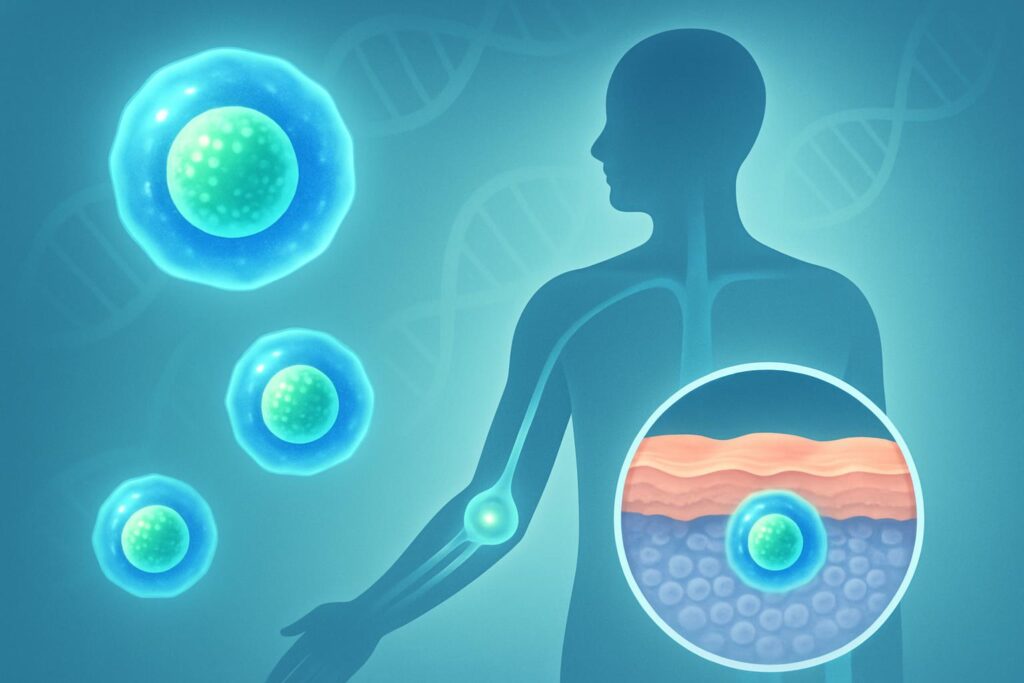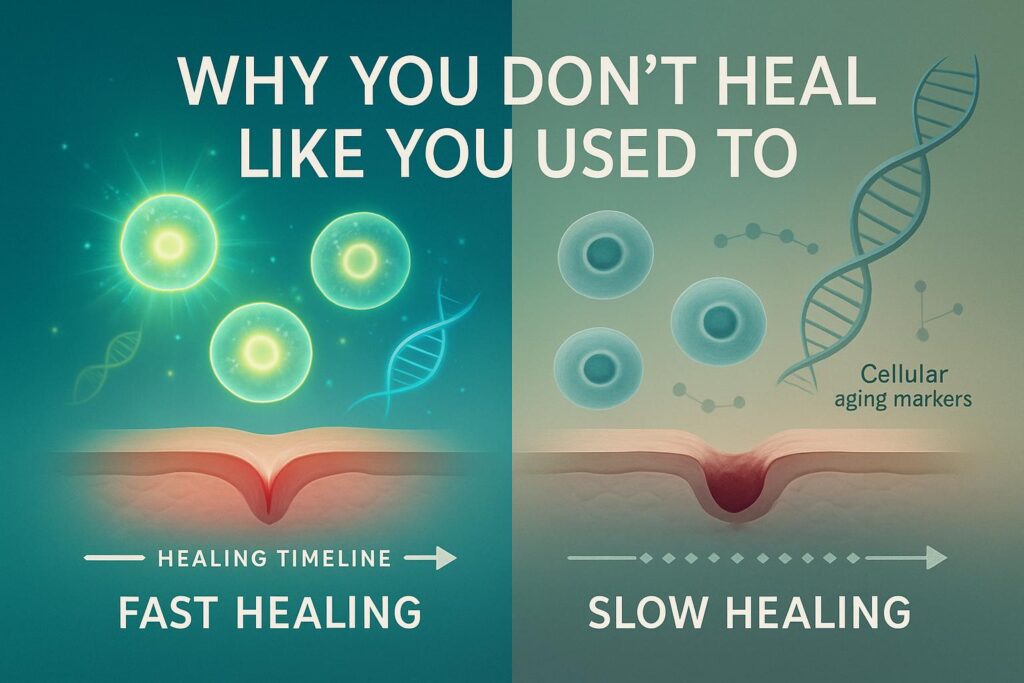On June 4, 2024, the Allen Institute for Cell Science announced the launch of its first disease-specific cell line collections, marking a significant milestone in genetic heart disease research.
This innovative set of tools, specifically designed to advance the study of hypertrophic cardiomyopathy (HCM) and other muscle disorders, represents a groundbreaking step in the quest to understand and treat these conditions.
Unveiling New Tools for Heart Disease Research
Hypertrophic cardiomyopathy is the most common genetic heart condition globally, primarily caused by mutations that thicken the heart muscle. These mutations can sometimes lead to heart failure and cardiac arrest.
The Allen Institute’s new cell line collections include six different mutations associated with HCM. These cell lines are designed to help scientists investigate the impact of these specific mutations on heart function, focusing particularly on the myosin protein, which powers heart contractions.
In addition to the HCM-focused cell lines, the Institute has also released collections targeting skeletal muscle disorders linked to myosin mutations and laminopathies, rare diseases caused by mutations in proteins that maintain a cell’s nucleus. These resources provide a robust platform for researchers to explore disease mechanisms and potential treatments.
Advanced Gene-Editing Techniques
The new cell lines are created using human induced pluripotent stem cells, reprogrammed from skin cells back into their stem cell form. By utilizing CRISPR/Cas9 technology, Allen Institute scientists introduced disease-associated mutations and fluorescent tags that illuminate heart contraction structures. This innovative approach allows researchers to generate cardiac muscle cells and study the complex biomechanics of heart disease in a dynamic and detailed manner.
Brock Roberts, Ph.D., a scientist at the Allen Institute, highlighted the significance of these advancements. “This is the beginning of a different era in human health, where the scalpels and implements of surgery have become molecular,” he said. These techniques enable rapid creation of disease-specific cell lines, providing a powerful tool for early-stage research.
Collaborative Efforts and Clinical Impact
The development of these HCM cell lines is the result of a collaboration among scientists from the University of Washington, Stanford, and the University of California, Santa Barbara. This partnership aimed to explore the varied symptoms of HCM in patients, ranging from mild to severe, even within the same family. The Allen Institute’s decade-long expertise in gene-edited stem cell lines was instrumental in producing these high-quality, cost-effective research tools.
Daniel Bernstein, M.D., from Stanford University, emphasized the value of this collaboration. “If we did this on our own, it would have taken us several years and would have been extraordinarily expensive,” he noted. The cell lines provide a comprehensive understanding of myosin mutations at molecular, cellular, and tissue levels, confirming the clinical significance of specific mutations and revealing critical phases of disease progression.
Future Directions and Broader Applications
The introduction of disease-specific cell lines in the Allen Cell Catalog is a significant step toward exploring genetic conditions in a diseased state. Jacqueline Smith, M.S., a senior research associate at the Institute, expressed optimism for future developments. “Now we’re exploring them in a diseased state to deepen our understanding of these genetic conditions and hopefully lead to new treatments,” she said.
These cell lines are an invaluable resource for the cardiac muscle research community, offering insights into hypertrophic cardiomyopathy and other muscle disorders. They enable detailed studies of disease initiation and progression, potentially revealing opportunities for targeted interventions to alter or halt disease development.
The Allen Institute’s commitment to open science and large-scale research continues to drive advancements in bioscience, paving the way for new discoveries and treatments in the field of genetic heart disease.



